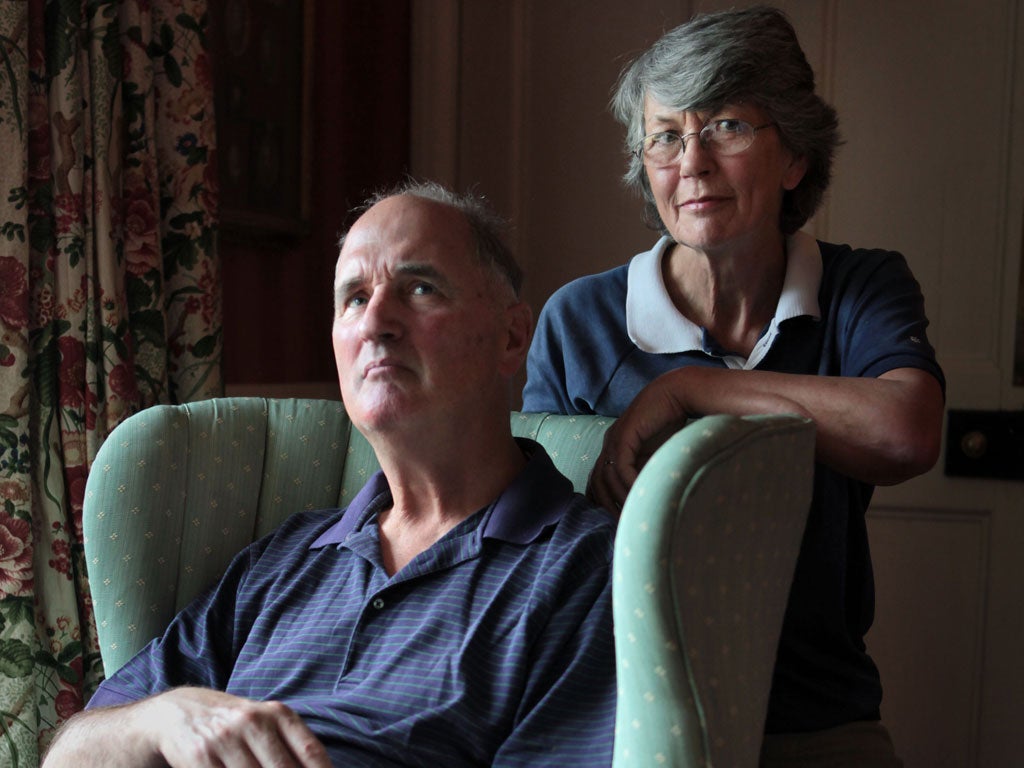Women could be pushed into poverty by proposed new rules curbing where carers can work
‘The proposed ‘one job rule’ shows a failure to understand how fragile the social care system is and the precarious lives of the women who work in it,’ says union general secretary

Women could be pushed into poverty by proposed new rules curbing the number of homes which carers can work in, campaigners have warned.
Unison, the UK’s largest trade union, said banning employees from working in more than one care home would also put vulnerable care residents at risk by causing staff shortages.
Many care workers are forced to work for multiple employers as otherwise they would struggle to subsist due to carers earning just over minimum wage and being on precarious zero-hours contracts.
The government has been asking for views on plans to curb the spread of coronavirus by forcing residential and nursing care home providers to curtail carers' movements.
Some 82 per cent of the social care workforce are women, while a quarter of the social care workforce is in insecure forms of employment and the median wage is £8.50 per hour. Government figures show women make up the majority of informal carers in the UK.
Christina McAnea, Unison assistant general secretary, raised concerns about the dire consequences if the ‘one job’ rule is enacted into law.
She said: “Poverty pay is why so many care staff have multiple jobs in the first place. This is despite the skilled and courageous work they do.
“The way to limit employees working in multiple locations is for employers to guarantee hours so staff no longer need to work in other care homes.
“Alternatively care homes can pay staff for the hours previously worked elsewhere. The government must ensure funds are available to achieve this. Defeating the virus and protecting lives is paramount. But it can’t be done without proper support for the employees who keep the country’s care homes running.”
The union warned the government consultation on the new regulations overlooks the necessity of maintaining wage levels - adding that this lack of foresight could have disastrous consequences and leave low-paid workers unable to get by.
Dr Mary-Ann Stephenson, director of Women's Budget Group, told The Independent: “This proposal will have a massively disproportionate impact on women. While it makes sense in public health terms to reduce the number of people moving between care homes, it is also important to realise that this only happens because low pay and lack of guaranteed hours means that too many care workers have to take more than one job.
“Unless issues of low pay and insecure hours are addressed too many care home workers will be forced into poverty by this proposal.”
Frances O 'Grady, general secretary of the TUC, noted many carers are black and minority ethnic (BME) or migrant women.
She added: “The proposed ‘one job rule’ shows a failure to understand how fragile the social care system is and the precarious lives of the women who work in it. All have put their own health on the line throughout the crisis to care for older and disabled people.
“Instead of depriving women and their families of vital income, the government must make all workers, no matter how low paid, eligible for decent sick pay. Currently two million of the lowest paid workers, the majority of whom are women, can’t get sick pay at all. And the government should thank social care workers for their dedication in the pandemic by immediately providing funding to raise their wages to a real Living Wage.”
Join our commenting forum
Join thought-provoking conversations, follow other Independent readers and see their replies
Comments

Bookmark popover
Removed from bookmarks